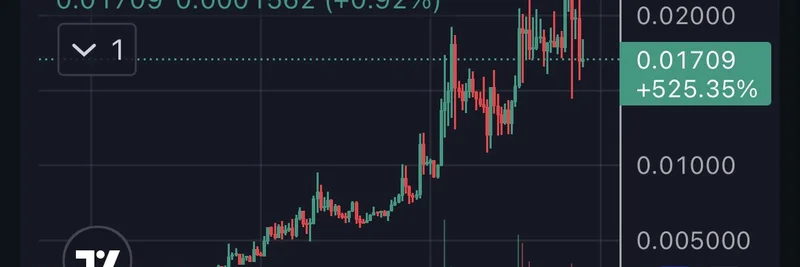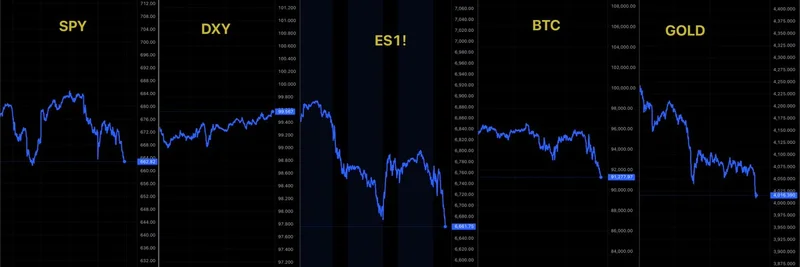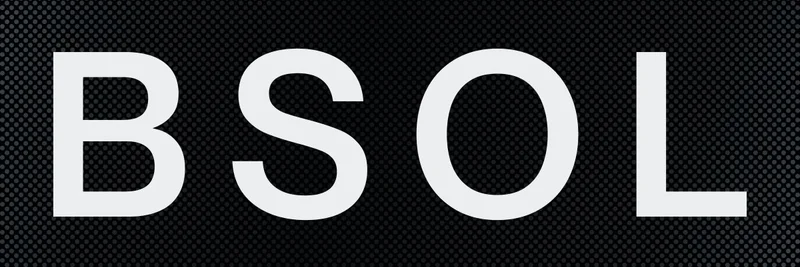In the ever-evolving world of cryptocurrency, discussions about what makes a digital asset truly valuable often circle back to fundamentals like fungibility. Recently, a tweet from Eddy Lazzarin, CTO at a16z crypto, caught my eye. He's quoting Mert from Helius.dev, who points out a key flaw in Bitcoin: unlike gold, it's not fully fungible because its history can be traced, potentially affecting its value. Mert suggests that adding privacy, like in Zcash, could fix this.
Fungibility, for those new to the term, means that one unit of an asset is interchangeable with another without any difference in value. Think of it like dollars in your wallet— a $20 bill is a $20 bill, no matter where it came from. Gold works the same way; you can melt it down, and its past doesn't matter. But Bitcoin? Every transaction is recorded on the blockchain, so in theory, someone could decide that certain Bitcoins are "tainted" based on their history, making them less desirable.
Eddy agrees, emphasizing that real fungibility requires a "lack of history." Cash and gold don't spill their secrets, and that's what keeps them universally accepted. This conversation resonates especially in the meme token space, where anonymity and equal access are often celebrated. Meme coins thrive on community and hype, but without strong privacy features, they could face similar issues as Bitcoin if traceability becomes a barrier.
Looking at Zcash, it's a cryptocurrency that uses zero-knowledge proofs to enable private transactions. This tech allows users to prove a transaction is valid without revealing details like amounts or addresses. It's like having a secret handshake that confirms everything's legit without spilling the beans. For meme token enthusiasts, this could inspire new projects that prioritize privacy, making them more resilient and appealing in a regulatory-heavy environment.
One reply from Sreeram Kannan breaks it down further into levels of fungibility: social (like Bitcoin, where we agree to ignore history), economic (like Ethereum, where assets mix in contracts), and technical (like Zcash, with no public history at all). This framework helps understand why privacy isn't just a nice-to-have—it's essential for true equivalence.
In the meme world, where tokens like Dogecoin or newer ones on Solana often poke fun at traditional finance, incorporating privacy could be the next evolution. Imagine a meme coin that's as untraceable as a whisper in the wind, boosting its fun factor while adding real utility.
As blockchain practitioners, keeping an eye on these discussions helps us stay ahead. Whether you're trading memes or building on-chain, understanding fungibility and privacy can enhance your strategies. For more insights into meme tokens and crypto trends, check out our knowledge base at Meme Insider.




